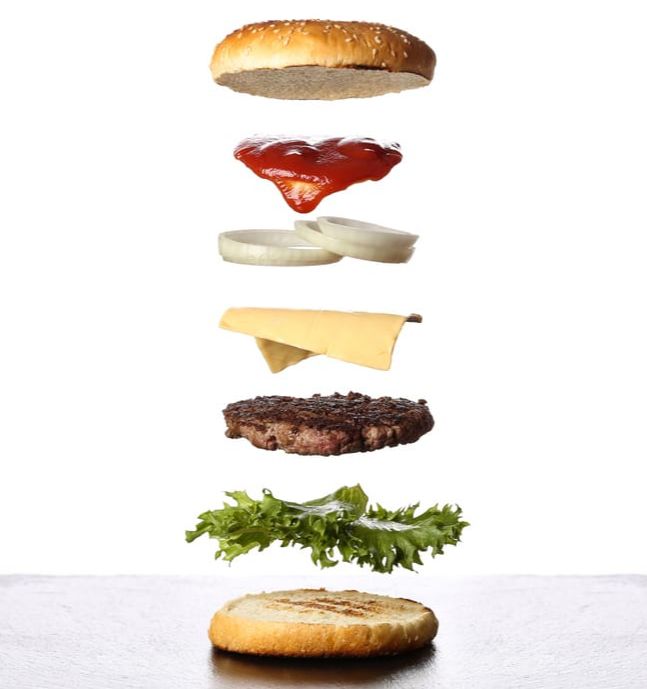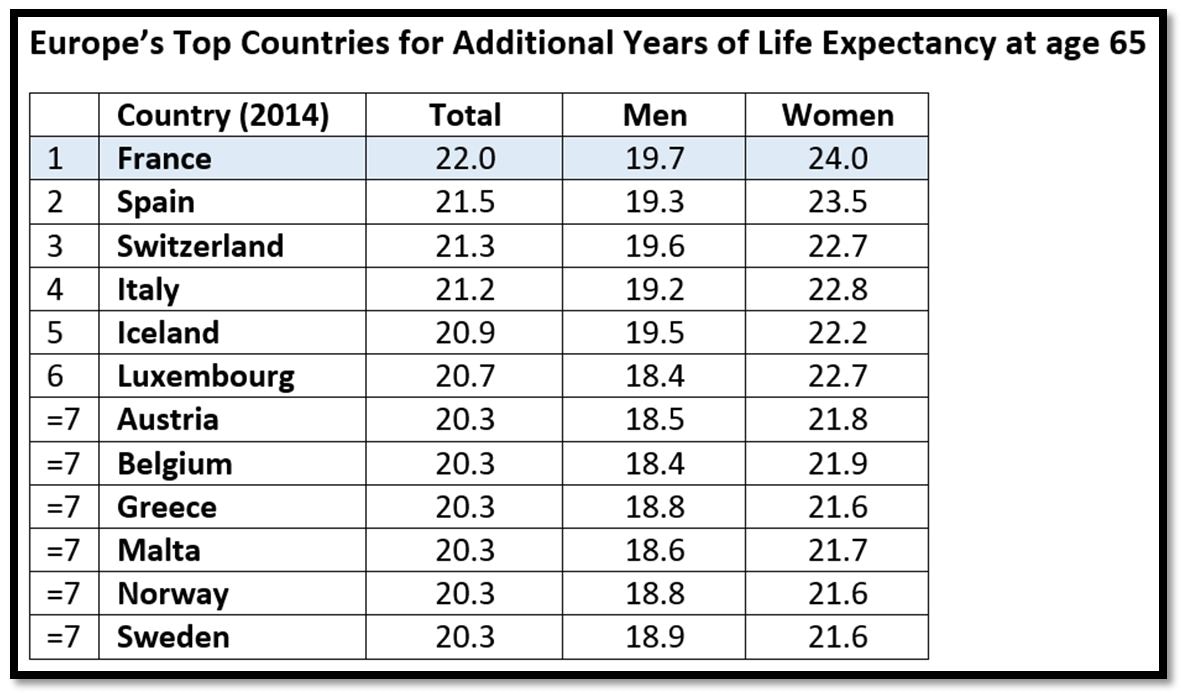Is the devil really in the fat?It’s not necessarily deliberate when a journalist or even a scientist condemns fat or autmatically says something like "fat, as we know is not..." and then you know what's coming next. It’s just that they’ve heard the ‘fat is bad for you” message so frequently for so many years that it just kind of slips out.; even from well informed people.
Listen to the otherwise sensible information coming from Prof Graham MacGregor who is Chairman of Action on Sugar when he talks about the danger of too much salt in kids’ food in this quote from a BBC interview. “The Food industry must do more to cut salt”, he says. OK; but then towards the end of his interview, he goes on to say: “… these awful snacks which are high in fat, high in salt and high in sugar... and that’s not good for children, it’s not good for anybody.” And you, the listener, are left with the distict impression that they're all as bad as each other. Which they are not. While I’d be the first to volunteer to work on messaging campaigns designed to reduce children’s consumption of fast-food snacks and promote home cooking, it doesn’t help to continue categorising fat together with salt and particularly sugar (not that salt is quite the evil it was once thought to be - but that's another story). Often, the research on fat judges the burger, only considers the meat and thinks of the carb-rich bun as being quite innocuous. |
Burger or bun? |
Naked burgerIt still feels odd ordering burgers without the bun at McDonald's, but it can be done - or you can just remove one or both buns.
|
But the evidence is stacking up that eating carbs of all sorts (particularly wheat) is fattening us up. Why do you think that since more than a century, they fatten pigs and cattle using a mix of skim-milk and grains? An excess of carbohydrate in our diet is also causing the huge increases in Type 2 diabetes, promoting food cravings and contributing to illnesses ranging from allergies to IBS to premature dementia. But almost no-one looks at flour and says it's evil: For most of us, for most journalists and even today in most nutrition courses, fat is presented as the obvious culprit.
The Mayo Clinic - Carbs and Alzheimer'sOpinions on the dangers associated with eating high quantities of carbohydrate used to be considered marginal, but even the Mayo Clinic now accepts the probable link between excess carbs (ie our normal government recommended diet) and Alzheimers. In their ground-breaking 2012 study which was funded (not like most studies by the food and drug industry) by the government sponsored US National Institute on Aging, researchers followed 940 people over the age of 70 with no cognitive impairment for a period of over 4 years. The results were striking:
Those with the highest overall carbohydrate intake at the beginning of the study were 1.9 times likelier to develop mild cognitive impairment than those with the lowest intake of carbohydrates.
Yet... Political correctness rules Dr Roberts remained politically correct in his summary statement: "We think it's important that you eat a healthy balance of protein, carbohydrates and fat, because each of these nutrients has an important role in the body."
And it also appears that the National Institute on Aging didn’t have the courage to act on the research results. Their current diet recommendations only include this somewhat bizarre reference to higher fat diets; “In one study, scientists fed rats a “Western” diet high in fats and simple carbohydrates for 90 days. The results: "rats fed this high-energy diet performed significantly worse on certain memory tests than rats fed a diet containing one-third the fat. Notably, the rats scored poorly on tests that involve the hippocampus, a part of the brain that plays a major role in learning and memory.” So, it's back to that demon fat again! ... though there are now countless studies showing the benefit of so-called LCHF (low-carb, high-fat) diets. |
23 studies summarised for you by Authority NutritionRather than referencing them all, let me leave the last word on this to Kris Gunnars, a medical student in Iceland. He provides an excellent (albeit very detailed) summary of 23 low fat/high fat studies from respected, peer-reviewed journals at his blog entitled Authority Nutrition. His analysis demonstrates the impressive results supporting a high-fat/low carb lifestyle across the board in terms of higher HDL cholesterol, lower triglycerides and other positive health indicators.
His summary of summaries: “These studies are scientific evidence, as good as it gets, that low-carb is much more effective than the low-fat diet that is still being recommended all over the world. It is time to retire the low-fat fad!” Life expectancy at age 65The French eat the most saturated fat in Europe - so what can possibly give them the greatest life expectancy? One thing's for sure, the cheeses and traditional pates or salamis cannot be as bad as the diet dictocrats of this world would have you believe.
|




